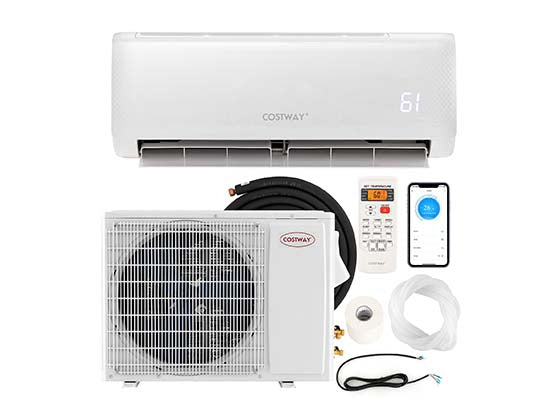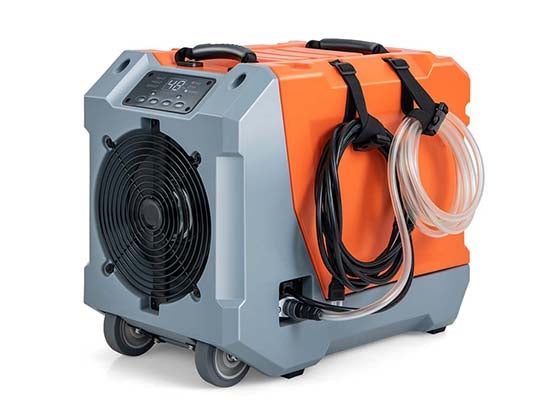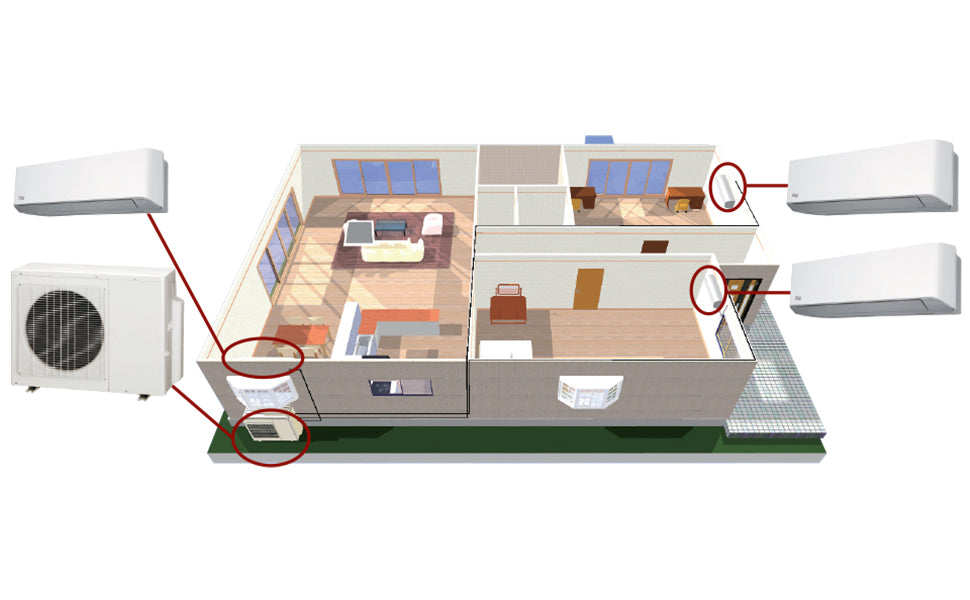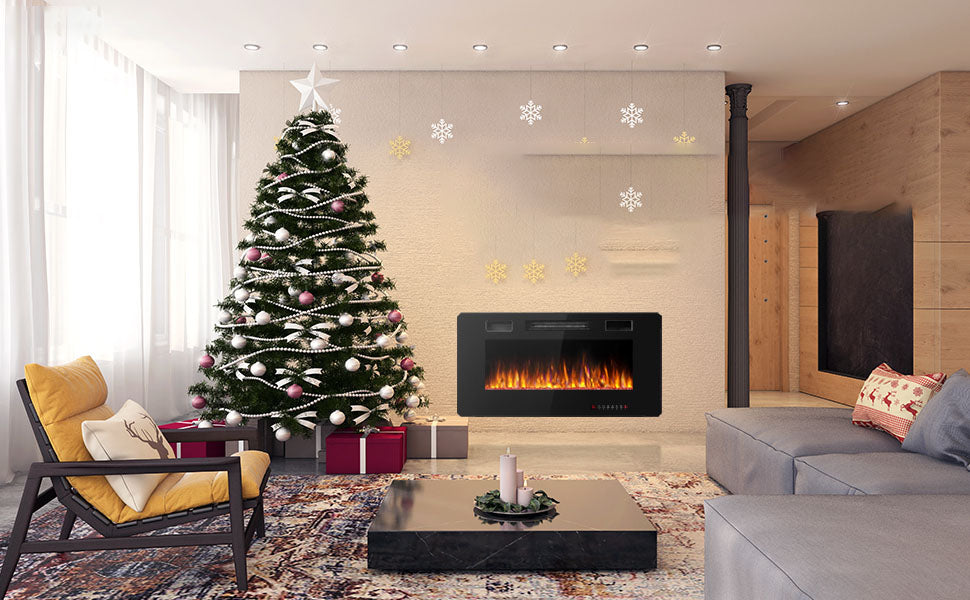Choosing the right size mini split air conditioner is crucial for ensuring optimal performance and energy efficiency. As professionals in the air conditioning industry, we understand the importance of precision and expertise in selecting the right equipment. In this article, we will explore the key factors to consider when determining the appropriate size for a mini split AC, ensuring that you can provide the best solutions for your clients.
What is a Mini Split Air Conditioner?
Mini split air conditioners, often referred to as mini split ACs, are versatile and efficient cooling systems that consist of an outdoor compressor and one or more indoor air-handling units. These systems are ideal for providing targeted cooling to specific areas without the need for extensive ductwork. The benefits of mini split air conditioners include energy efficiency, ease of installation, and the ability to control the temperature of individual rooms.
Why Size Matters for Mini Split ACs
The size of a mini split air conditioner directly impacts its efficiency and effectiveness. An undersized unit may struggle to cool the space adequately, leading to increased energy consumption and wear on the system. Conversely, an oversized unit can result in short cycling, where the system frequently turns on and off, reducing its lifespan and efficiency. Therefore, selecting the right size is essential for maintaining comfort and minimizing energy costs.
Factors to Consider When Choosing the Size
When determining the appropriate size for a mini split AC, several factors must be taken into account:
- Room Size and Layout: The square footage of the room is a primary consideration. Larger rooms require units with higher BTU (British Thermal Unit) ratings.
- Insulation and Climate: Well-insulated spaces in moderate climates may require less cooling capacity compared to poorly insulated areas in hotter regions.
- Number of Windows and Doors: More windows and doors can increase heat gain, necessitating a larger unit.
- Ceiling Height and Architectural Features: High ceilings and unique architectural elements can affect the cooling requirements.
Single Zone Mini Splits
2 Zone Mini Splits
3 Zone Mini Splits
4 Zone Mini Splits
How to Calculate the Right Size for Your Mini Split
Calculating the correct size for a mini split involves determining the BTU requirements based on the room's characteristics. Here's a step-by-step guide:
- Measure the Room: Calculate the square footage by multiplying the length and width of the room.
- Refer to a BTU Chart: Use a BTU chart to match the room size with the appropriate BTU rating. For example, a 150-250 square foot room typically requires a 6,000 BTU unit.
- Adjust for Additional Factors: Consider additional factors such as insulation, climate, and windows to fine-tune the BTU requirement.
For those who prefer a more automated approach, online calculators can provide quick and accurate estimates.
Common Mistakes to Avoid
Even seasoned professionals can make errors when sizing mini split ACs. Here are some common mistakes to watch out for:
- Ignoring Insulation and Climate: Failing to account for these factors can lead to incorrect sizing.
- Overlooking Room Layout: Unique room shapes and features can affect airflow and cooling needs.
- Relying Solely on Square Footage: While important, square footage is just one piece of the puzzle.
By being mindful of these pitfalls, we can ensure that our clients receive the most efficient and effective cooling solutions.
Professional Assessment and Installation
While DIY sizing and installation are possible, consulting with a professional can provide added assurance. A professional assessment considers all relevant factors and ensures that the installation is performed correctly, maximizing the system's lifespan and efficiency.
Frequently Asked Questions (FAQs)
Q: Can a mini split AC be too powerful for a room?
A: Yes, an oversized unit can lead to short cycling, reducing efficiency and comfort.
Q: How does climate affect mini split sizing?
A: Hotter climates may require units with higher BTU ratings to compensate for increased heat gain.
Q: Is professional installation necessary?
A: While not mandatory, professional installation ensures optimal performance and longevity.
Conclusion
Selecting the right size mini split air conditioner is a critical step in providing effective and efficient cooling solutions. By considering factors such as room size, insulation, and climate, we can ensure that our clients enjoy maximum comfort and energy savings.
Call to Action
We invite you to explore more about mini split air conditioners, mini split systems, and mini split ACs. Whether you're looking to enhance your expertise or provide the best solutions for your clients, understanding the intricacies of mini split sizing is essential. Feel free to reach out with any questions or explore our additional resources for further learning.













